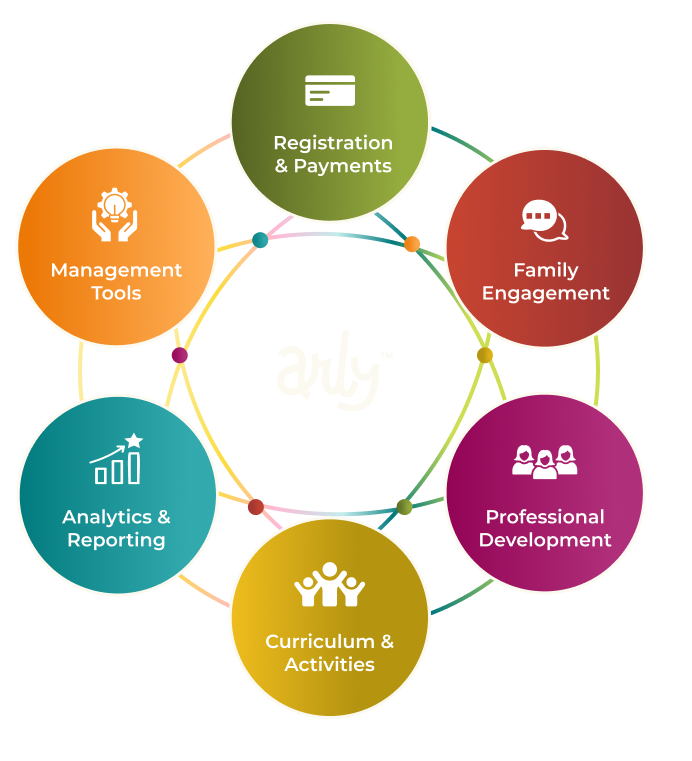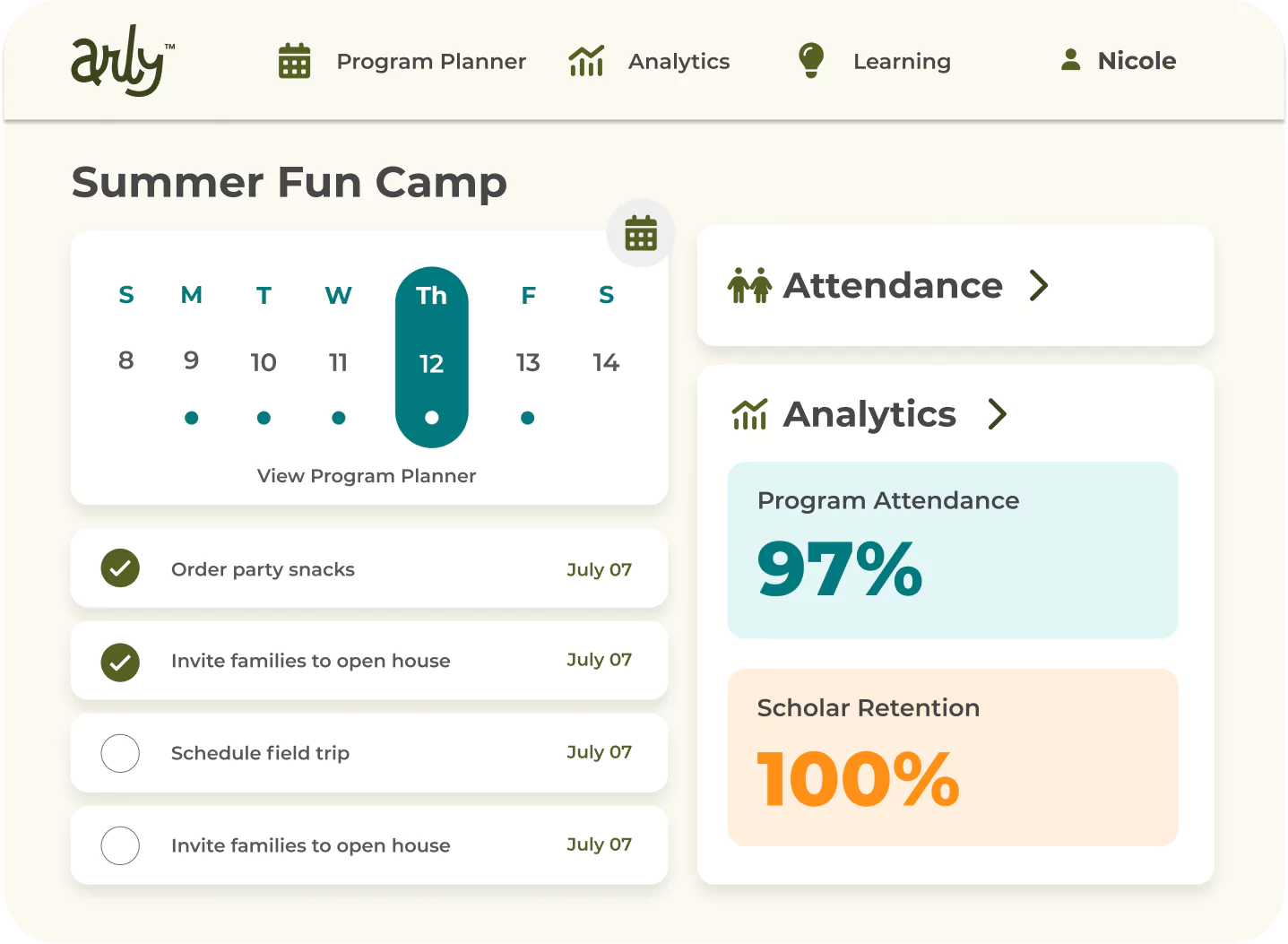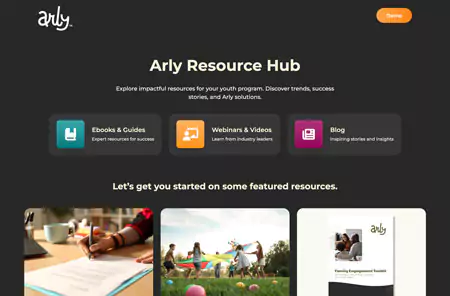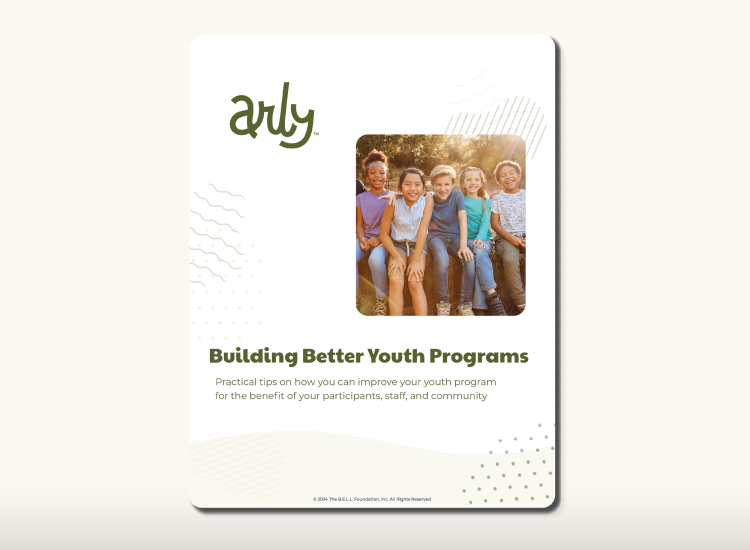Youth Program Open Houses 101: The 5 W’s of a Winning Open House Strategy
By Arly Communications on November 27, 2023
Open houses are one of the best ways you can educate the public about your youth program. All the email newsletters and brochures in the world can’t quite match the impact of experiencing your program in person. Let’s learn more about youth program open houses by exploring the five W’s of open houses!
What is a youth program open house?
An open house is an event designed to give nonparticipants a firsthand look at your youth program. It’s a time to invite the public in to meet staff, see your facility, observe activities, chat with participants, and learn more about what you do.
Why should I host an open house?
An open house can be a powerful tool in helping you achieve several valuable goals. Consider these reasons you may want to host an open house:
- Raise awareness about your program in the community
- Encourage more families to enroll
- Boost family engagement
- Recruit new volunteers and employees
- Form partnerships with schools or community organizations
- Demonstrate your impact to existing funders
- Forge new funding partnerships and reengage lapsed funders
There are many reasons to plan an open house. Make sure you have a clear idea of your goals as you plan your open house, and allow these goals to inform the details of your event, from the guest list to the agenda.
Who should I invite?
Open houses are generally open to anyone who wants to attend, though you’ll have to send out invitations and promote the event to the folks you really want to see there. For example, this may include school administrators at a district you want to partner with and local families interested in the program. Start publicizing your event early by sending emails, posting flyers, and getting the word out however you can.
A similar type of event is known as a site visit. The main difference is that a site visit is a more private event designed for a small, targeted guest list, such as existing funding partners. If you want to give a VIP experience to just a handful of guests, plan a site visit rather than an open house. An open house is typically open to anyone who wants to attend or to a long list of invited guests, including those who aren’t currently connected to your program.
When should my open house take place?
More structured open houses may last for just an hour or an hour and a half, though you could also open up your program for several hours if you want to maximize the number of guests you can accommodate. You may choose to invite the public to an event such as a field day or showcase, but when it comes to open house planning, it’s typically best to pick an average day to give people a true glimpse into your program.
When it comes to picking the date, there are some days you’ll want to avoid, including:
- The first or last week of your program
- Mondays or Fridays
- Holidays
- Field trip days
Whatever day you choose, send out invitations three weeks in advance so invitees can make plans to attend.
Where should I take open house guests?
Open houses should take place at an active program site. Post signs to direct visitors and have a set starting point where guests can gather. You may even want to offer some refreshments, such as water bottles and cookies, to set a welcoming tone as people mingle.
Take guests on a tour of your facility, focusing on key aspects of your program and the activities that take place. Make sure teachers and students are aware guests will be stopping by their classrooms. In advance, seewhether they want to interact with guests, sharing their own positive experiences as program participants.
To conclude, lead guests back to the original meeting point and provide time for Q&A and discussion.
Learn more about open house planning from Arly.
Now you know the what, why, who, when, and where of youth program open houses! With a little planning, any youth program can host a great open house. Want more help to ensure your open house is a success? Arly has you covered with our Open House Planning Guide. This guide even comes complete with a planning timeline, sample agenda, and more, so you can confidently plan and execute an open house that helps you accomplish your goals. Get your copy today!






%20(20).png)

%20(60).png)
%20(67).png)
%20(90).png)